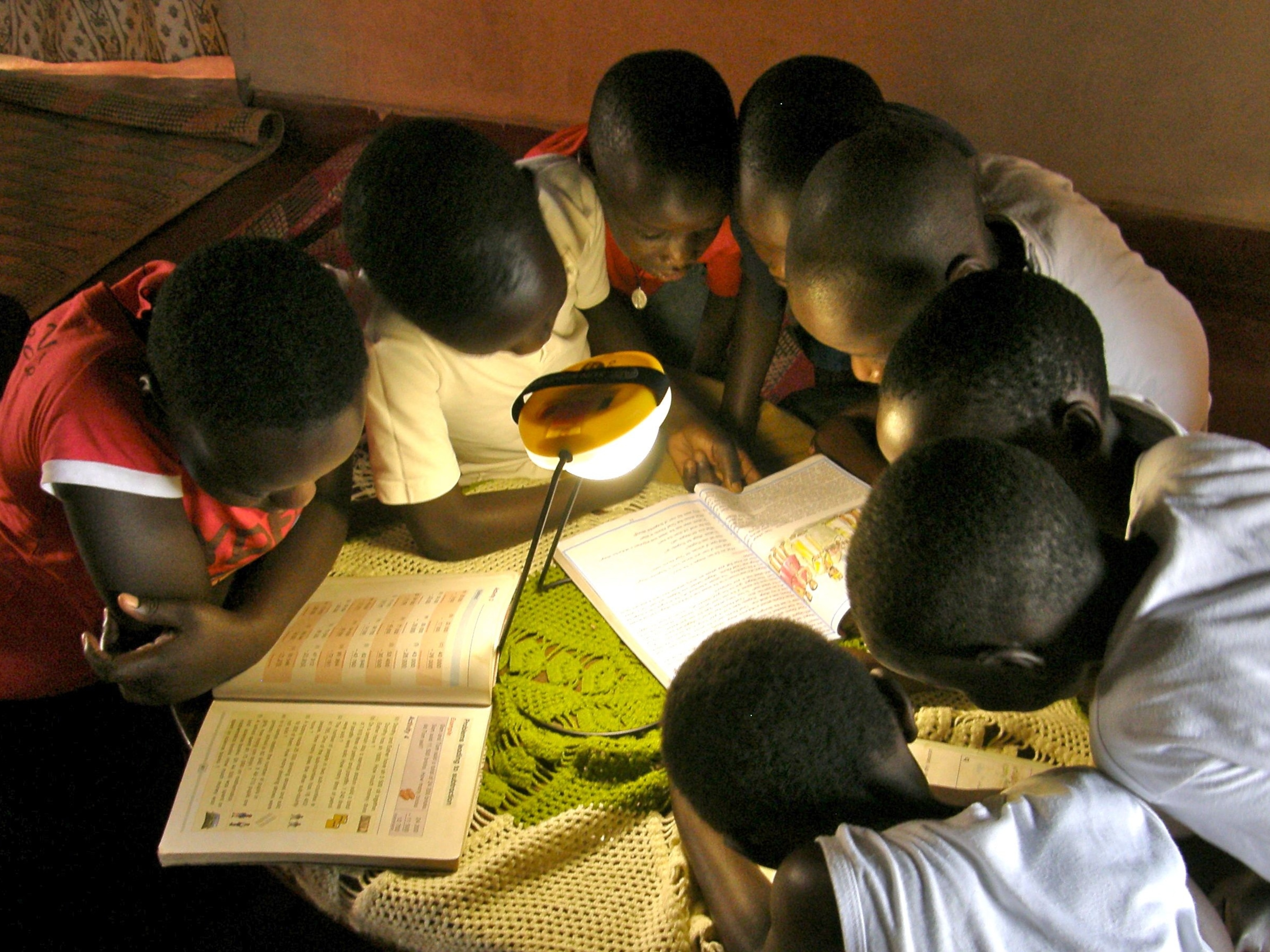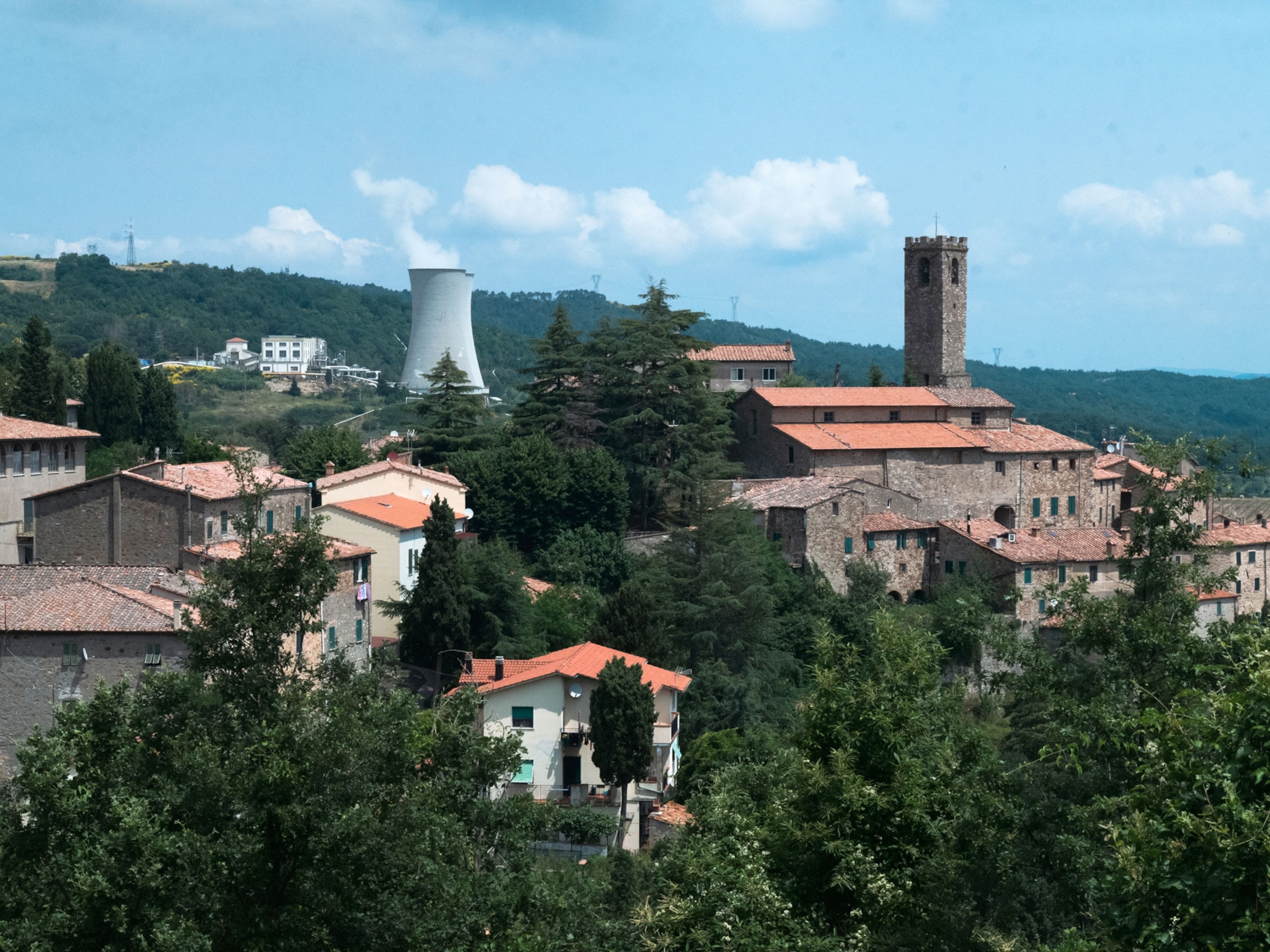National Geographic helped advance the cause of sustainable energy for off-grid communities by crowning the winners of the Terra Watt Prize — the first competition of its kind — on June 11 in Washington, D.C. As torchbearers for cleaner, safer, and cheaper energy alternatives for the global poor, co-champions Mera Gao Micro Grid Power (MGP) and EGG-energy Tanzania Limited (EGG) beat out over 50 other teams to split $250,000 in grant money to implement their winning ideas.
MGP, headed by India-based Nikhil Jaisinghani, used its extensive experience building, owning, and operating low-cost, solar-powered microgrids to edge out the competition with its innovative proposal to provide poor, off-grid communities with quality indoor lighting and telephone-charging services in Uttar Pradesh, India. MGP will use its $125,000 prize money to set up 140 microgrids, each providing power to roughly 25 households for up to seven hours per night.
EGG, which currently provides affordable, clean-energy solutions to rural communities in Tanzania, impressed the judges with its proposal to install mobile-connected, rent-to-own solar systems in Tanzania’s Tanga region. EGG’s co-founder Jamie Yang developed an integrated IT system that allows customers to make payments via mobile money and provides remote diagnostics to troubleshoot system problems.

Making it through to the winner’s circle was no easy feat. The Terra Watt Prize challenged competitors to develop the most feasible and scalable proposal to provide at least 50 households with basic electricity, or enough power to charge one cellular telephone and illuminate three light bulbs. What’s more, competitors had to sell the judges on how they would turn their proposals from a 50-household project into a sustainable, long-term venture.
To judge the Terra Watt Prize, which kicked off in November 2013, National Geographic enlisted the expertise of 42 energy specialists, including 31 active investors who collectively oversee more than $100 million earmarked for companies delivering energy services to developing countries. With the help of the judges, National Geographic designed the application process to mirror the due diligence conducted in a typical business acquisition, thereby requiring the competitors to undergo a rigorous screening process.
The Terra Watt Prize was conceived as a way to bring together and incentivize sustainable-energy advocates to address two critical challenges facing the field of energy access: attracting needed capital investment and proving a sustainable business model. To support this mission, and also unique among challenge competitions, the Terra Watt Prize encouraged its judges, once the competition was complete, to take an active role by considering an investment in applicants who demonstrated commercial promise — a process that can raise additional capital and/or technical assistance for the sustainable energy field.
Almost 20 percent of the planet’s population have no access to clean and reliable energy — a sobering fact that deprives millions of people access to education, health, and social opportunities. Fortunately, affordable solutions exist today. The challenge is to identify the right organizations that have properly honed their business models. The Terra Watt Prize and its inaugural winners do just that. By mobilizing energy activists and encouraging investment, National Geographic is helping to play an important role in reaching the global poor with clean, affordable energy — a small down payment on the promise for a brighter tomorrow.
Related Topics
You May Also Like
Go Further
Animals
- This ‘saber-toothed’ salmon wasn’t quite what we thoughtThis ‘saber-toothed’ salmon wasn’t quite what we thought
- Why this rhino-zebra friendship makes perfect senseWhy this rhino-zebra friendship makes perfect sense
- When did bioluminescence evolve? It’s older than we thought.When did bioluminescence evolve? It’s older than we thought.
- Soy, skim … spider. Are any of these technically milk?Soy, skim … spider. Are any of these technically milk?
- This pristine piece of the Amazon shows nature’s resilienceThis pristine piece of the Amazon shows nature’s resilience
Environment
- This pristine piece of the Amazon shows nature’s resilienceThis pristine piece of the Amazon shows nature’s resilience
- Listen to 30 years of climate change transformed into haunting musicListen to 30 years of climate change transformed into haunting music
- This ancient society tried to stop El Niño—with child sacrificeThis ancient society tried to stop El Niño—with child sacrifice
- U.S. plans to clean its drinking water. What does that mean?U.S. plans to clean its drinking water. What does that mean?
History & Culture
- Séances at the White House? Why these first ladies turned to the occultSéances at the White House? Why these first ladies turned to the occult
- Gambling is everywhere now. When is that a problem?Gambling is everywhere now. When is that a problem?
- Beauty is pain—at least it was in 17th-century SpainBeauty is pain—at least it was in 17th-century Spain
- The real spies who inspired ‘The Ministry of Ungentlemanly Warfare’The real spies who inspired ‘The Ministry of Ungentlemanly Warfare’
- Heard of Zoroastrianism? The religion still has fervent followersHeard of Zoroastrianism? The religion still has fervent followers
Science
- Here's how astronomers found one of the rarest phenomenons in spaceHere's how astronomers found one of the rarest phenomenons in space
- Not an extrovert or introvert? There’s a word for that.Not an extrovert or introvert? There’s a word for that.
- NASA has a plan to clean up space junk—but is going green enough?NASA has a plan to clean up space junk—but is going green enough?
- Soy, skim … spider. Are any of these technically milk?Soy, skim … spider. Are any of these technically milk?
- Can aspirin help protect against colorectal cancers?Can aspirin help protect against colorectal cancers?
Travel
- What it's like to hike the Camino del Mayab in MexicoWhat it's like to hike the Camino del Mayab in Mexico
- Follow in the footsteps of Robin Hood in Sherwood ForestFollow in the footsteps of Robin Hood in Sherwood Forest
- This chef is taking Indian cuisine in a bold new directionThis chef is taking Indian cuisine in a bold new direction
- On the path of Latin America's greatest wildlife migrationOn the path of Latin America's greatest wildlife migration
- Everything you need to know about Everglades National ParkEverything you need to know about Everglades National Park





